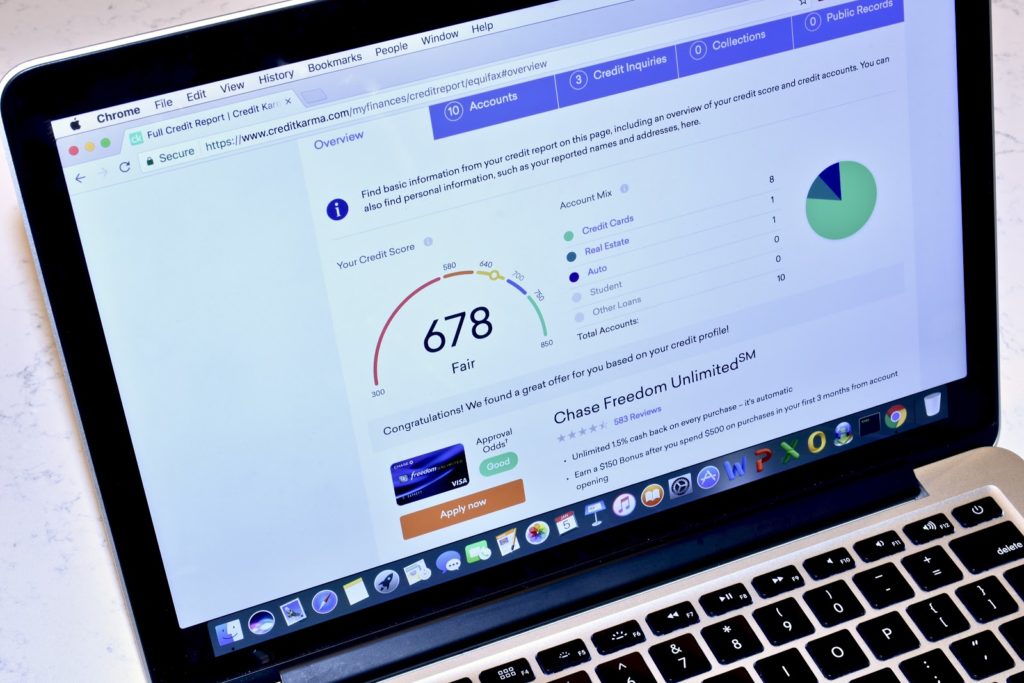By now, you probably know how essential it is to have a good credit score. While it might just be a simple three-digit number ranging from 300 to 850, in many cases it can define how people, businesses, and institutions view you. That’s right — everyone from credit card companies to mortgage bankers and automotive dealerships will judge you based on these three simple digits. And they’re not the only ones. Your landlord, your insurance provider, and even your boss could all be checking out your FICO score as well.
But how do they even come up with your credit score? Is it based on how much money you have in the bank? How much debt you have? Is it true that when someone checks your credit that it can hurt your score? If you have bad credit in Philadelphia and ever wondered about these questions, you’re not alone. Let’s check out which factors go into calculating a credit score.
Your Payment History
Weighing in at a hefty 35% of your credit score, your payment history is the most crucial part and biggest factor when calculating your credit score. Think about it — if someone lends you money, they want to know that they’re going to get it back. So, if you have a history of paying your bills late, then it’ll negatively affect your score.
It also depends on how late your bills are. Obviously, the later the bill, the worse off your credit score will be. If one of your bills has gone into collections, then this could be a huge red flag to possible lenders. Additionally, anything that’s a public record like a bankruptcy, lien, foreclosure, and others can be especially detrimental to your score.
Another component of your payment history is the amount of time it’s been since your last late payment. Negative events from several years ago are typically viewed as less risky than a recent missed payment.
How Much You Owe
Your credit utilization ratio is another crucial element when it comes to calculating your FICO score. In fact, it accounts for 30% of it. This is important to understand because even if you’re making all your payments on time, it can still negatively affect your score if you don’t have much available credit left.
What gets considered when evaluating your credit utilization? First of all, lenders want to see how much of your available credit you’ve used up. It’s fine to owe some money, but less is better. And it’s not just your overall available credit that these credit scoring programs are analyzing. They’re also paying attention to what specific accounts you have and how much you owe. For instance, do you have a mortgage? An auto loan? A credit card? It’s best to have a mix of loans and manage them responsibly.
When it comes to calculating your credit score, your payment history and how much you owe is only part of the story. There are other factors that can affect your FICO score, like how long you’ve had credit and the different types of credit you have.
In our next blog, we’ll take a look at these other components that get factored into your credit score and what they mean. For more information or for help building your credit in Montgomery County, call us today at 888-399-3898.
, we’ll take a look at these other components that get factored into your credit score and what they mean. For more information or for help building your credit in Montgomery County, call us today at 888-399-3898.
